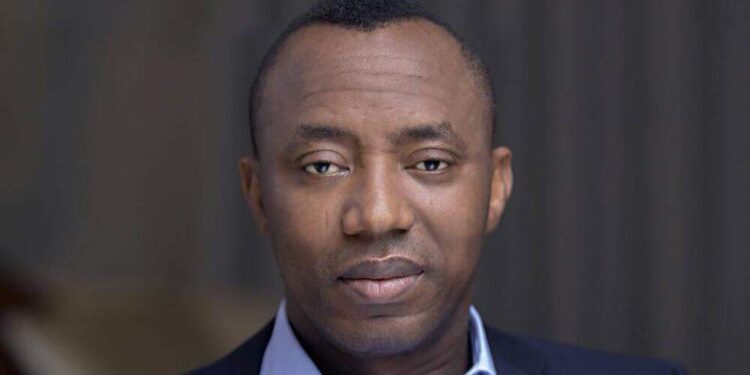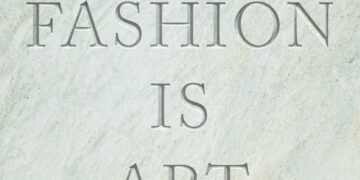In a dramatic display of solidarity, human rights activist Omoyele Sowore met on Wednesday with Nnamdi Kanu’s lawyer and brother inside Kuje Prison, delivering a public update that directly accused the Nigerian police of brutalizing detained protesters after a peaceful demonstration.
Sowore’s visit to the incarcerated men—lawyer Aloy Ejimakor, brother Emmanuel Kanu, and at least 10 other supporters –revealed a group in “high spirits” but also exposed a new layer of alleged state violence, escalating the political standoff over the detained IPOB leader.

The meeting, which Sowore described as “productive,” was a direct response to the arrest and detention of the #FreeNnamdiKanuNow protesters on Monday. Despite their imprisonment, Sowore reported that the group remains defiant and resolute.
“Despite the challenges they face, they are all in high spirits as we push for their release to continue the fight against oppression,” he stated on Facebook, signaling that their detention has only strengthened their resolve.
Sowore assured the public that “all hands are currently on deck to secure their release soon,” framing the situation as an ongoing battle rather than a concluded legal matter.
A New Allegation of “Condemnable” Brutality
The most incendiary part of Sowore’s update was a fresh allegation of police misconduct after the initial arrest. He claimed that after protesters were in custody, the FCT Police Command “further maltreated them… by heavily unleashing tear gas against them within their premises before detaining them at the notorious #SARS Abattoir.”
This accusation paints a picture of a police force willing to use chemical agents on defenseless detainees within their own facilities.
Why It Matters
Sowore’s prison visit and subsequent allegations are a masterclass in political activism, keeping the plight of Kanu’s associates in the spotlight and systematically dismantling the state’s narrative. By going to Kuje himself, he has transformed their detention from a legal issue into a public drama of resistance versus repression.
The claim of post-arrest tear-gassing is particularly damning. If true, it suggests a level of impunity and brutality that goes beyond crowd control and into the realm of punitive punishment. Sowore’s decision to publicly blast Inspector General of Police Kayode Egbetokun for “irresponsible leadership” is a direct challenge to the highest levels of law enforcement, framing this not as an isolated incident, but as a symptom of a broken and malicious system of the Nigerian state.

















